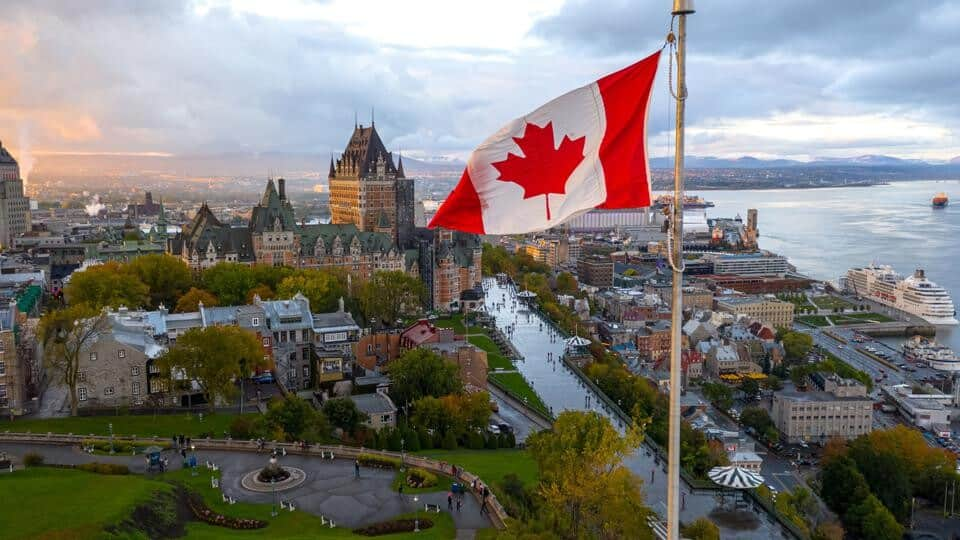
How Canada's new visa rules could impact Indian students, workers
What's the story
In a recent move, Canada has revised its immigration rules, which could impact thousands of Indian students, workers, and tourists.
The revised Immigration and Refugee Protection Regulations, which came into force on January 31, 2025, give Canadian border officials greater authority to cancel study and work permits in certain situations.
This comes after the Student Direct Stream (SDS) visa program was scrapped in late 2024.
Regulation details
New regulations grant officials more power
Under the new rules, Canadian border officials can now cancel temporary resident documents like electronic travel authorizations (eTAs) and temporary resident visas (TRVs).
Grounds for cancelation include providing false information, having a criminal record, or if an officer suspects that the individual will not leave Canada after their authorized stay.
Documents may also be revoked if lost, stolen, destroyed, or issued due to an administrative error.
Student impact
Indian students could be significantly impacted
The changes are set to have a major impact on Indian students, who make up the largest chunk of international students in Canada.
India's Ministry of External Affairs (MEA) estimates that there are currently about 427,000 Indian students studying in Canada.
Further, Canada issued 365,750 visitor visas to Indians between January and July 2024 alone.
Cancelation increase
New rules could lead to more visa cancelations
The new rules could result in an annual increase of approximately 7,000 cancelations in temporary resident visas, work permits, and study permits.
Immigration, Refugees and Citizenship Canada (IRCC) has assured that those affected will be notified through their IRCC account or email.
If a permit is canceled while a person is already in Canada, they will be issued a notice to leave the country by a certain date.
Policy alignment
Canada's immigration policy changes align with strategy
The changes to Canada's immigration regulations are also part of a broader strategy to tighten immigration policies.
The country plans to reduce the number of new permanent residents to 395,000 in 2025, 380,000 in 2026, and 365,000 in 2027, down from 485,000 in 2024.
Furthermore, temporary residents, including overseas students and workers, would witness a decline of almost 30,000 by 2025.